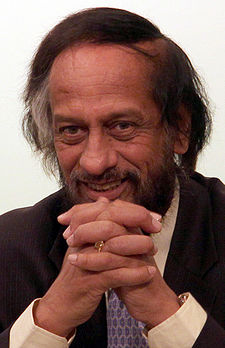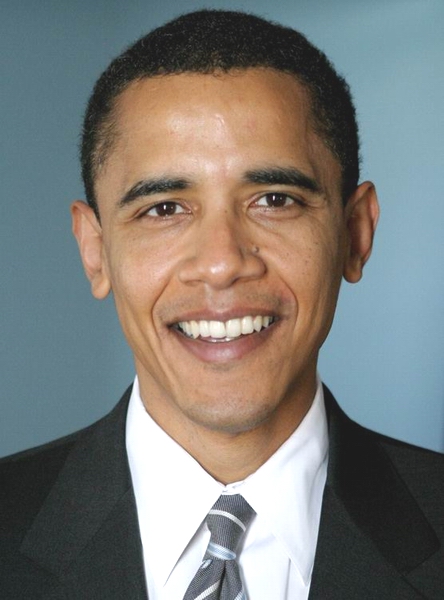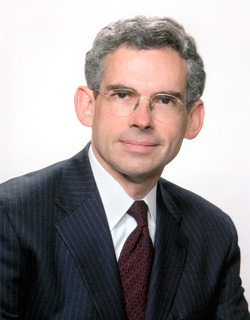Last night I was fortunate enough to attend a cocktail reception hosted by the United Nations Foundation and Deutsche Bank. A Dickinson College senior from Stroudsburg, PA, I was sipping champagne with a former US Senator, international business executives, and other “high level” leaders in a beautiful Danish palace. Bill Clinton even made a special satellite appearance. I hardly knew anyone, but found that engaging in conversations with these intimidating strangers was relatively easy. We all had one common bond—- our concern for our climate. Though the reception was fabulous and luxurious, I just realized that I am most thankful for the opportunity I had to speak with Professor Michael Gerrard, from Columbia University’s School of Law.
A bit of context information is important to understand why I place such value on last evening’s encounter with Professor Gerrard. This morning, the Dickinson delegation had the good fortune to eat breakfast with Dr. Rajendra Pachauri, the Chair of the Intergovernmental Panel on Climate Change (IPCC). Though I was not fully caffeinated, I managed to ask Dr. Pachauri one coherent question that has been on my mind since I arrived at Cop-15:
“Many American citizens are dissapointed with the Obama Administration’s weak stance on global climate change policy. In the several years since we failed to ratify Kyoto, there has been a political ‘voter revolution’ which allowed us to elect President Obama. By electing Obama, we thought we were electing a progressive president who would have progressive climate policies. Instead, we are still holding the rest of the world back (in a way). What should we do now?”
Dr. Pauchari quickly answered that Americans place too much emphasis on the capabilities of Congress, and not enough on President Obama’s executive authority. He mentioned that he thought President Obama had the ability to execute his own power to engage the US in global climate treaties, rather than waiting for approval from Congress. Doing this would have two effects: 1) it would send a clear message to Congress that they need to get on board and 2) it would send a clear message to the world community that the US is on board with negotiations. This was the first time I even heard this suggestion that we take the emphasis off legislative power and place more power in the hands of the executive. Instantly I felt like the whole paradigm through which I viewed this political issue shifted.
Today I started Googling to find out more. Was Dr. Pauchari the only leader who suggests such a paradigm and policy shift of focus for US policy? I quickly realized, he was not. In fact, Professor Gerrard, my new acquaintance from Columbia, is a leading scholar on this exact issue. Apparently Professor Gerrard has just published a working paper which, according to blogger David Sassoon, studies the:
“legal basis of the president’s independent power to enter into internationally binding commitments related to climate change, and it finds that the president has broader powers than commonly recognized. It also identifies an intriguing possibility backed by historical and legal precedent.”
I need to read Professor Gerrard’s working paper before I draw any conclusions, but putting all of these connections together, and hearing new viewpoints gives me a little more hope for the state of US climate change policy.
